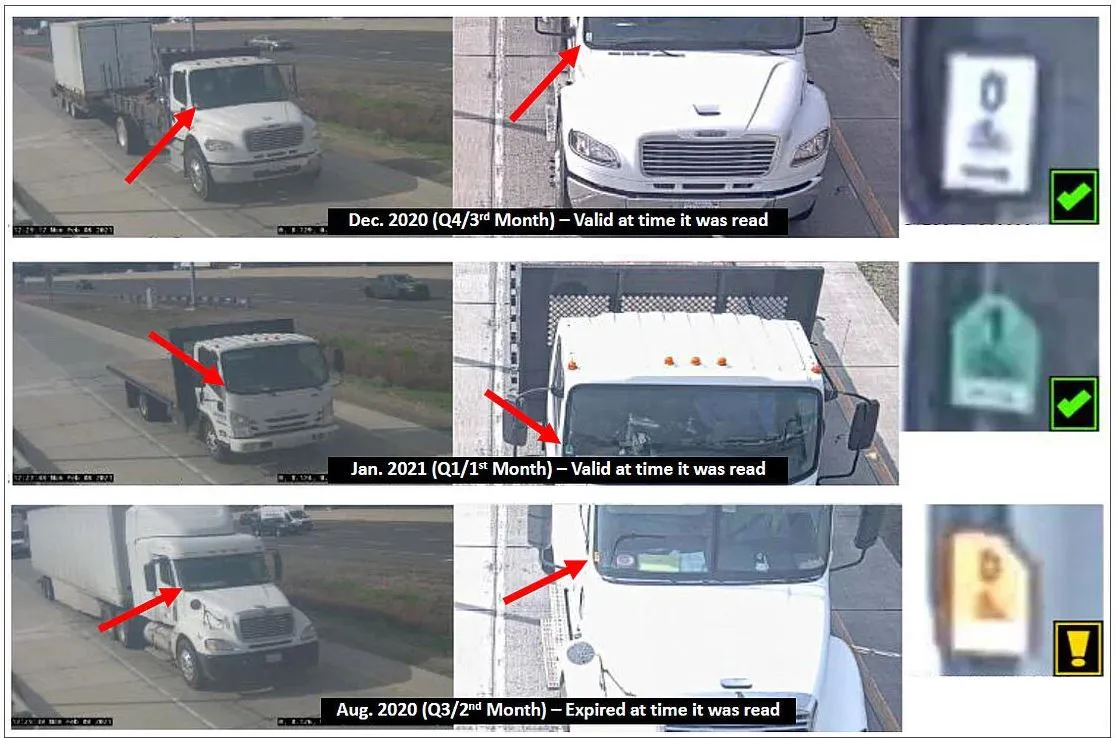Image Sensing Systems (ISS) has introduced what it claims is the fastest, most accurate automated licence plate recognition (ALPR) engine in the world with its CitySync rapid plate recognition technology. The system reads a licence plate numerous times and uses multiple advanced methods for both optical character recognition and plate finding for each plate read. The system looks for objects and then initiates multiple processing techniques that run concurrently on vehicles travelling at speeds up to 190 km
April 29, 2013
Read time: 2 mins
The system looks for objects and then initiates multiple processing techniques that run concurrently on vehicles travelling at speeds up to 190 km/h.
“The rapid plate recognition technology captures key licence plates in crime situations, parking and security access applications,” said Kris Tufto, CEO of Image Sensing Systems. “In several tests by multiple municipalities worldwide, our rapid plate recognition technology routinely read a higher percentage of plates than any other licence plate recognition system,” he said, adding that the technology can be the differentiator in making an arrest, earning ticket revenue, or securing a facility, for law enforcement, parking and security organisations.








